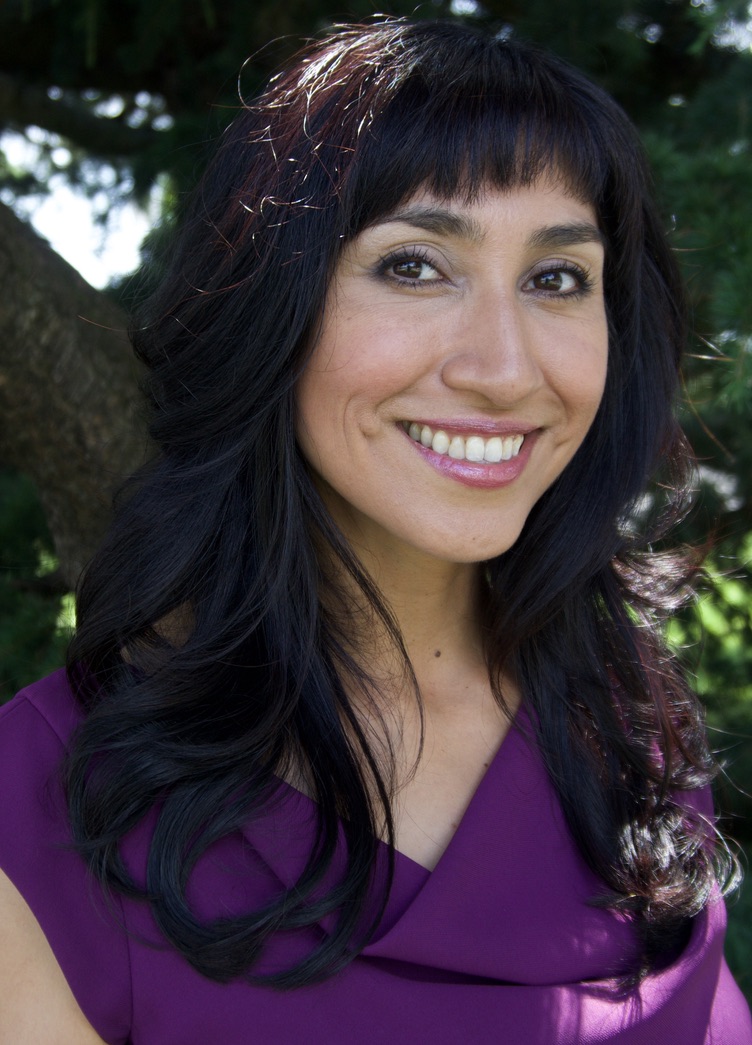
By
Deni Vazquez
Have you ever felt like you are not yourself? Lost, down, ignoring what to do or which way to go? I want to share a "magic pill" that brought me back on track when I was low.
Back in 2017, I lived the most challenging period of my life. Restructure in the company, a very stressful working environment, and two new bosses whose values were incompatible with mine. Their management had taken its toll on my colleagues, leaving four burnouts and a suicide.
I wasn’t doing well emotionally, had left sports aside, couldn’t sleep well; my fatigue provoked unnecessary mistakes (my self-dialogue was “I’m not good”), I would cry very often talking about my job, and isolated myself. After living like that for two months, I reached a certain degree of un-diagnosed depression.
The suicide was of a dear Spanish colleague who had suffered two previous burnouts. Her personality was like mine: Smiley, vibrant, extroverted. The type of person one would never imagine they could commit suicide. Yet it happened.
The last time I saw her, two weeks before her suicide, she told me: “You need to detach from this job as I did; I see you are not doing well; it is not worth leaving your health nor life here."
When her suicide was announced, I had to sit down. I was afraid; suicidal thoughts were already crossing my mind, and I thought: "When will it happen to me?" I had lost the vision of the whole picture. I was in narrowed-focused mode on “work." As I didn't feel good at it, I felt good for nothing. How to zoom out?
The formula of the “magic pill”:
-Gratitude:
I read somewhere (unfortunately, I don’t remember the source) that gratitude increased our frequency levels and energy, so I tried it. The exercise consists of experiencing gratefulness for what it is, the present and the past. The most important thing here is to feel a profound gratitude in our hearts for at least one minute, genuinely experiencing what we are grateful for. We tend to want better or more; we take the good for granted until it worsens. When we focus on what we have instead of what we don't, we feel more complete, serene, and peaceful.
I began to be grateful for all the good things my job gave me: facilities, royalties, wonderful colleagues, the great food at the cafeteria... Then I was thankful for my husband, my home, electricity, running water, movement of my body… Suddenly, I was adding unexpected things like breathable air. Tal Ben-Shahar says, "When we appreciate the good, the good appreciates.”
Psychologists Robert Emmons and Michael McCullough suggest that gratitude triggers a positive growth and well-being spiral. When we practice gratitude, we feel better, become more open to and are more likely to pursue positive experiences, improve our life quality, and have more to be grateful for.
Gratefulness led me to accept myself, my needs, and what I wanted. After some days of practicing it, I came across two friends who gave me the following two ingredients for my magic pill: Write the facts and tell yourself a different story.
-Write the facts. Leave aside any interpretation. I felt mistreated, but when I wrote the facts, I realized the problem wasn't what my bosses were saying or doing. My interpretation of it united with my negative self-dialogue was.
-Tell yourself a different story. Challenge your preconceived ideas and change those you have accepted as "truth"; they might not be so. My new story was that my bosses had suffered as children to behave that way. Developing compassion in a possible scenario worked great for me.
-Zoom out to see the whole picture. Recall past experiences where what seems true for you now was false in the past. For example, now you feel you are good for nothing, recall moments in the past in which you felt proud of yourself.
-Change of attitude, behavior, and routines to give yourself pleasure and joy. With my bosses' permission, I took two hours of lunchtime to return to sports and spend quality time with my colleagues. I empowered myself, leaving aside the victim role. I started to eat healthier, sleep better, recover energy, and perform better at work. This led to a more enriching self-dialogue and a higher self-perception. Dr. Cassie Holmes, in her book "Happier Hour," says if an activity thwarts our relatedness, autonomy, or competence, it will likely make us feel unhappy. When we lack time, we feel less happy, less confident, and are less likely to exercise and help others. Exercising, practicing acts of kindness without leaving ourselves aside, and enjoying social connection, nature, art, or individual accomplishments increase our feelings of time affluence.
The “magic pill” changed my perspective, opened spaces to see new opportunities, and gave me the energy and vision to know which way to go. Very often, we ask a question that leaves us in a powerless position: "Why did this happen to me?" Dr. Alfonso Ruiz Soto says we regain power when asking, "What for did this happen to me?”
Never mind how difficult our living situations are; the challenge is to get the best out of them. We usually learn the fastest and most profound lessons through those challenging people and situations. I recognize them as my "shortcut teachers,” and they are not my favorite ones. Still, they are a sure gift of life that we must learn to unwrap, discover, and appreciate.
The burnouts, the suicide, and my low inspired me to help people experiencing similar situations. I discovered the science of happiness, my vocation, and I couldn't be more grateful for this process.
"What you focus on expands, and when you focus on the goodness in your life, you create more of it. Opportunities, relationships, even money flowed my way when I learned to be grateful no matter what happened in my life." Oprah Winfrey
What Oprah said was precisely what I experienced. But don't believe her, and don't believe me; try it out and see the effects of gratitude in your own life.

0 comments